What is Lion’s Mane Mushroom?
Hericium erinaceus, also known as Lion’s Mane, yamabushitake, satyr’s beard, monkey’s head, bearded tooth (and various other names that refer to its peculiar appearance) is a medicinal and culinary mushroom that grows in North America, Europe, and Asia. Lion’s Mane grows on decaying hardwood trees and logs, gradually decomposing the wood. It is similar to other Hericium species, such as H. americanum and H. coralloides, and shares with them its characteristic features: irregularly-shaped, round, white fruiting bodies, covered in long drooping spines resembling icicles. Although Lion’s Mane is one of the easiest mushrooms to cultivate or grow in a lab, they are not commonly found in the wild. It is not known why this is the case, however, mushroom growing kits are available for enthusiasts.
Young Lion’s Mane mushrooms are cultivated and consumed as a delicacy, and supposedly have a flavor similar to seafood, particularly lobster. They are also high in protein.
 | Our favorite Lion’s Mane on the market today! |
Lion’s Mane Mushroom Benefits and Uses
Lion’s Mane has been indicated in improving cognitive and mental health. While to date, studies on Lion’s Mane have been limited, their results are promising.
Increasing nerve growth factor
Lion’s Mane has been found to include two new kinds of Nerve Growth Factors, compounds that are crucial to neuron development and maintenance. These specific molecules are termed hericinones and erinacines, and have been observed in both in vitro and in vivo to increase neural growth.
Promoting healing of damaged nerves
Rats with a damaged gluteal nerve were able to heal and walk again faster after being given a dose of 10 or 20 ml/kg of Lion’s Mane extract in water.
Lessening cognitive decline
A study in Japan involving 30 aging patients with mild dementia was conducted to assess how Lion’s Mane could affect cognitive decline. Fifteen subjects were given four 250mg tablets of Lion’s Mane, three times a day (for a total of 3g), while the other 15 were given a placebo. The subjects were tested at weeks 8, 12, and 16 of the study, and it was observed that the group taking Lion’s Mane had significantly better cognitive function than the placebo group. However, four weeks after supplementation stopped, cognitive function had decreased, suggesting Lion’s Mane must be taken continuously for maximum effect.
Reducing effects of amyloid plaque formation
Amyloid plaques inflame brain tissue and lead to neurodegeneration, and can be seen in Alzheimer’s patients. In one study, mice with induced plaque formation were given either a normal diet, or one with 5% containing dried Lion’s Mane. While the mice previously had performed poorly on a maze designed to test memory, those given Lion’s Mane for 23 days performed much better when tested again. Supplementation with Lion’s Mane also appeared to increase curiosity and exploratory behaviors in the mice.
Reducing anxiety and depression symptoms
In this study, 30 post-menopausal women consumed 2g daily of Lion’s Mane baked into cookies for four weeks, or regular cookies. Over the study period, those in the Lion’s Mane group experienced less anxiety and depressive symptoms, as well as improved concentration and less irritability. It is not known whether this effect was sustained after cessation of the Lion’s Mane supplement.
Healing wounds faster
In a study of rats given identical wounds, those treated topically with Lion’s Mane healed faster and with less scarring than those treated with sterilized water. Additionally, more collagen and blood vessel formation was found at the wound sites. The dosages used were 20, 30, and 40 mg/ml of Lion’s Mane extract.
Potential weight loss effects
When given to mice at 2-3g/kg, Lion’s Mane extract increased expression of genes that are involved in fat metabolism. It also helped reduce weight gain resulting from a high fat diet.
 | Our favorite Lion’s Mane on the market today! |
Lion’s Mane Mushroom Safety and Side Effects
There is little information available on the safety or side effects of Lion’s Mane, but it appears to be safe and well-tolerated. However, there has been a case of a 63-year-old man experiencing something akin to an allergic reaction to the mushroom. Four months after taking Lion’s Mane as a supplement, the patient was admitted to the hospital with acute respiratory failure. In his lungs, lymphocytes were found that showed high reactivity to Lion’s Mane, suggesting they were the cause of his illness. The patient eventually recovered.
Since Lion’s Mane is also grown and eaten as a culinary mushroom, it can be considered safe for most people to consume in moderate quantities.
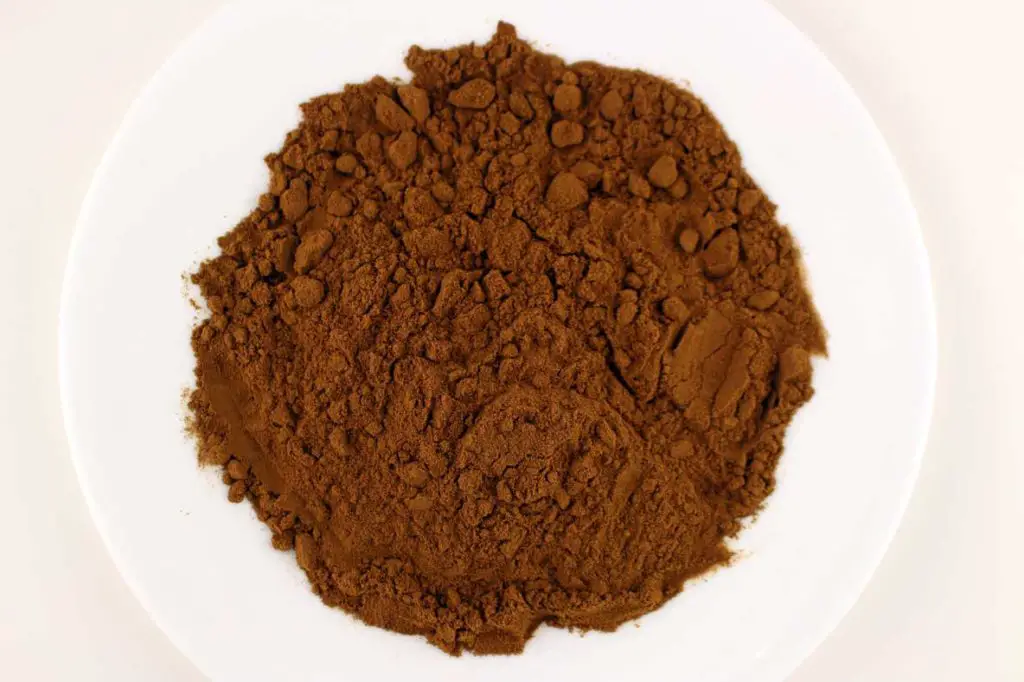
Lion’s Mane Dosage
Lions Mane Extract Dosage: There is no confirmed safe dosage for Lion’s Mane, but human studies have generally used 2-3g of extract per day. Since Lion’s Mane is most commonly found as a capsule, follow the manufacturer’s instructions on dosage.
Lions Mane Tea and Tincture Dosage: Teas or tinctures made from Lion’s Mane are uncommon and there is no clear dosage information for them. Standard teas and tinctures may not be as effective as correctly processed extracts, because the mushroom cell walls which contain the beneficial compounds may not be sufficiently broken down. Additionally, teas and tinctures are often made out of dried mushrooms, which according to one source, do not taste as pleasant as fresh mushrooms.
Finding The Best Lion’s Mane Supplement
Overall, the easiest way to obtain Lion’s Mane is by finding an encapsulated extract. However, it is important to choose one that is legitimate and effective, because not all herbal extracts are alike. Since mushroom cells are made of chitin (a durable material similar to keratin which the majority of humans are unable to digest) many of the nutrients within medicinal mushrooms cannot become bioavailable without an extraction process. Some supplements are merely ground mushrooms that have not undergone any treatment to extract compounds from the cells.
The method used by many manufacturers, and frequently in scientific studies, is dual hot-water and alcohol extraction. In this process, the material is heated with extremely hot (above boiling point), pressurized water to release the beneficial compounds and make them bioavailable. This is then combined with hot ethanol extraction, a similar process which releases non-water soluble compounds as well. A reputable company that executes this extraction process to better release the molecules contained within the cells is Noomadic Herbals.
Additionally, it is important that the manufacturer is able to disclose where and how their herbal products are grown, and that information such as percentages of active compounds in the supplement are present on the label. (Some labels will only state the amount of encapsulated powder.) These compounds are the only part of the supplement with medicinal properties, so it is essential that you get a significant amount of them.
According to the research done to date, Lion’s Mane is a safe method of potentially increasing cognitive ability and alleviating symptoms of mood disorders, as long as the supplement is continually taken. While more studies are needed to fully assess its benefits, Lion’s Mane is a medicinal mushroom with promising future usages.
References:
http://www.ncbi.nlm.nih.gov/pubmed/22135902
http://smallfarms.cornell.edu/2015/04/06/lions-mane/
http://www.kew.org/science-conservation/plants-fungi/hericium-erinaceus-bearded-tooth
http://www.ncbi.nlm.nih.gov/pubmed/12675022
http://botit.botany.wisc.edu/toms_fungi/jan2003.html

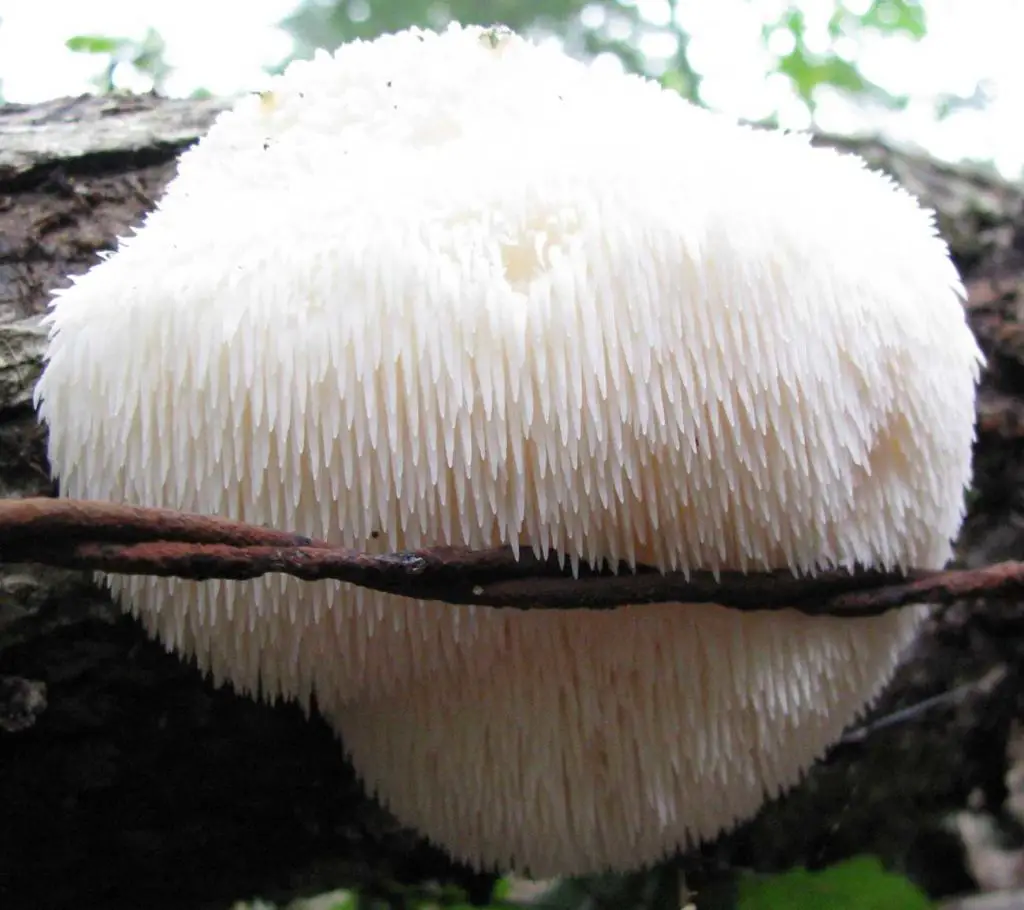
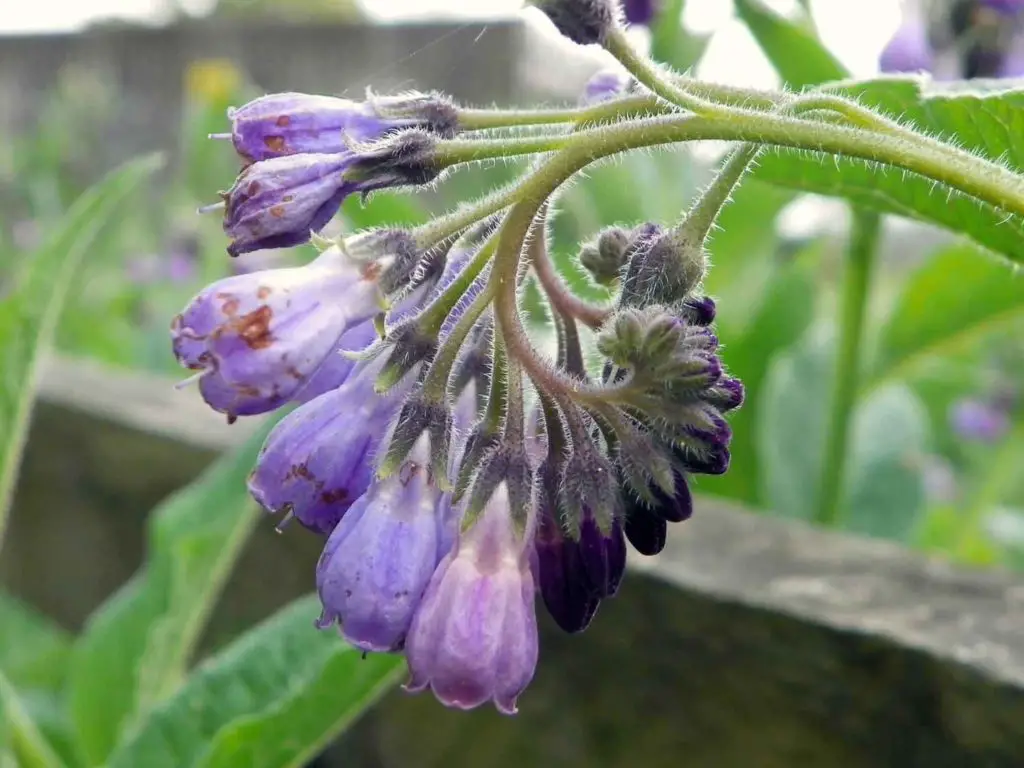
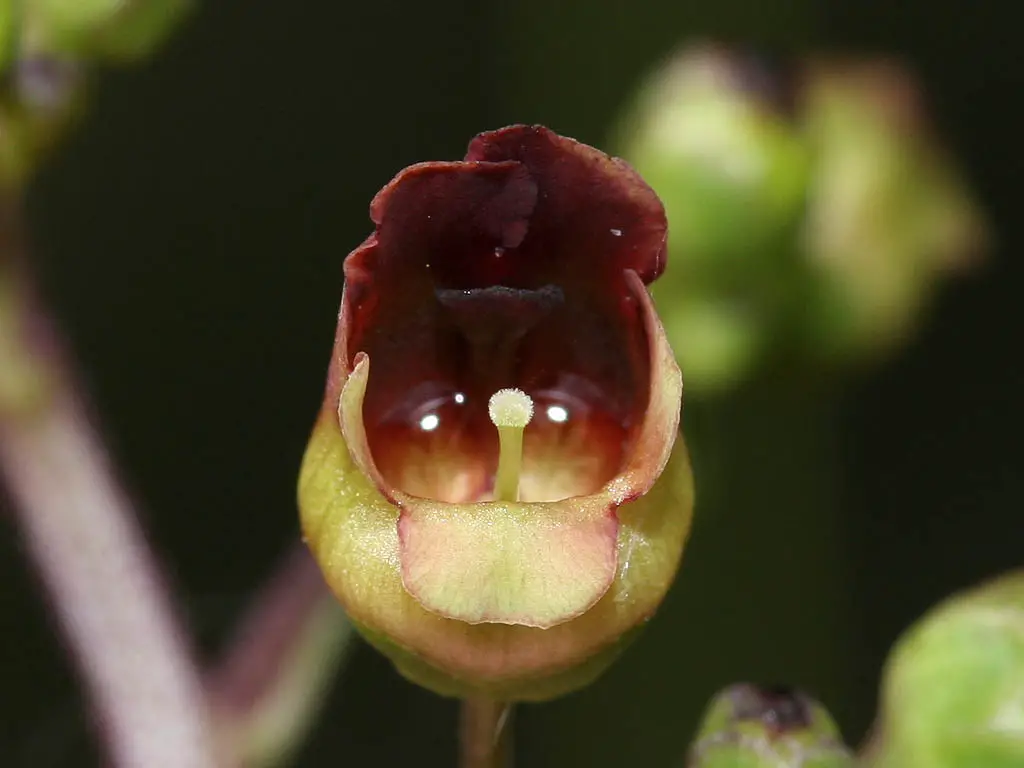
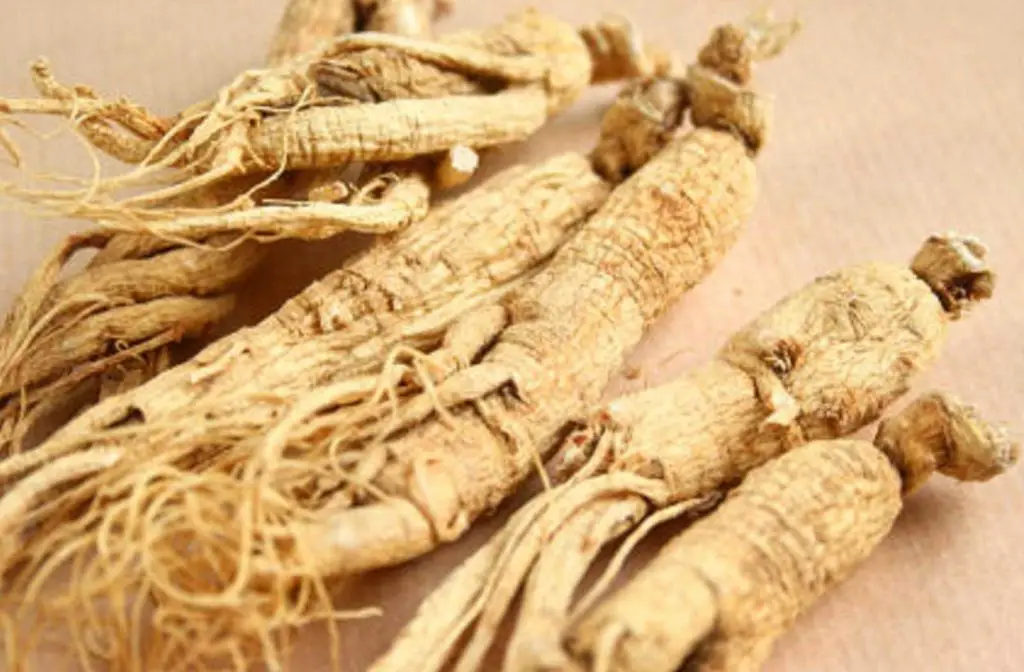
Hi Darcy,
thanks for collecting and putting all the information out there.
I’ve tried different lions mane extracts. There is no doubt for me that the dual extraction works best for cognitive benefits.
To my surprise I did find in the single hot water extract to help with my digestion and support the digestive tract but I experienced no cognitive differences.
I recently heard a talk with Mona Morstein where she uses the hot water extract version for her SIBO patients along with her protocol.